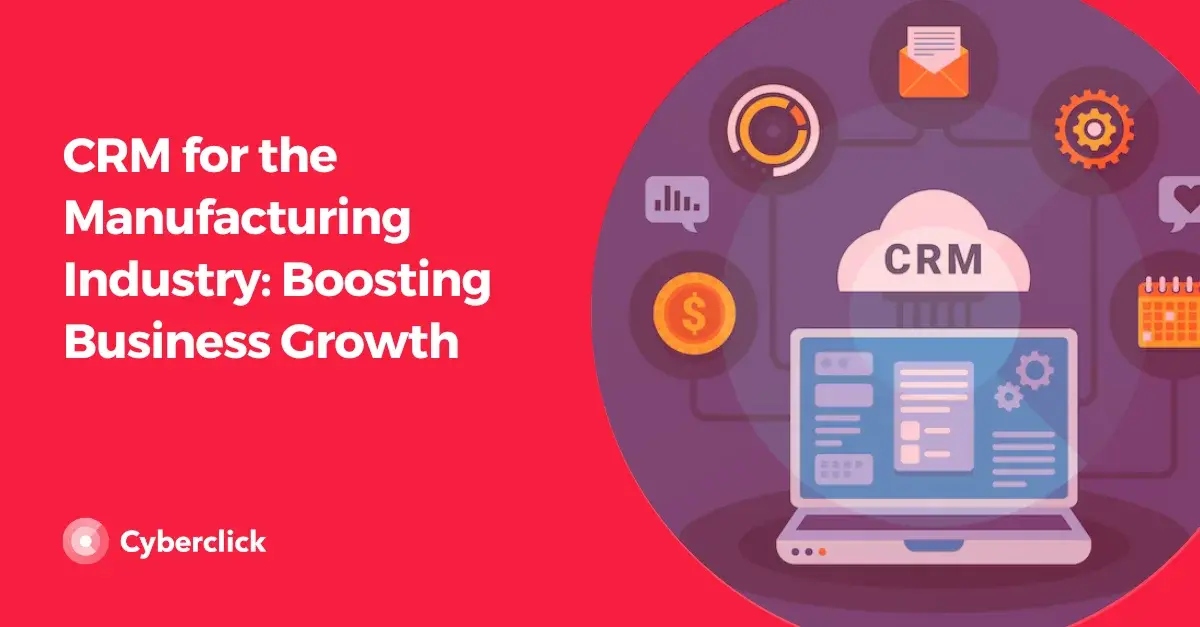Customer relationship management (CRM) is a combination of practices, strategies, and technologies used to manage and analyze customer interactions. It usually includes the analysis of data collected from a number of customer touchpoints, such as website visits, telephone calls, live chat, direct email, marketing campaigns, and social media.
The aim of CRM is to improve customer relationships, increase loyalty and retention, and drive sales. However, for it to succeed, youryour strategy must take into account the four core areas of CRM: technology, strategy, processes, and people.
-
Technology:
Applications and infrastructure. When people talk about CRM, they are usually referring to a CRM system, used to manage digital interactions with current and potential customers. Data is collected from the entire customer lifecycle, including marketing and sales platforms, digital commerce, and customer service interactions. -
Strategy:
Business goals and objectives. Your CRM strategy should be based on clear goals and objectives. It should also align with your company’s positioning, culture, vision, and values. -
Processes:
Procedures and business rules. For a CRM strategy to work, all internal and external processes should be customer-centric. Do they provide the best possible customer experience? Do customers trust what you do with their data?
-
People:
Organizational structure, skills, and incentives. People form the core of any CRM strategy. Are employees focused on customer engagement? Are departments cross-functional? Is there a top-down commitment from the entire staff? Are bonuses connected to customer satisfaction goals?
Why Customer Relationship Management Is Important
CRM is so much more than technology. Think of it as a business philosophy based on listening to customer needs and behaviors and using that information to build stronger relationships and generate more leads. It should form the foundation of your business strategy.
It Helps You Manage, Automate, and Optimize Customer Data
A good CRM system takes into account all touchpoints in the customer lifecycle. This can include phone calls, messages on social media, website interactions, and emails. It gathers data when a client Tweets about your company, files a complaint, writes a review, or raises an issue. By analyzing this data, you can build a picture of who your target customer is, how they typically behave, what they want and expect from your business, and how you can win them over.
A CRM system can also help you organize, streamline and automate your processes so that you collect the right data and have the right information at your fingertips whenever you need it.
It Helps You Learn About Your Customers and Build Relationships
For a company to succeed in business, it needs to understand its customers. The data you collect through your CRM solution can help you understand what makes your customers tick, and how you can keep them happy. You can then use this information to communicate with them in a way that addresses their needs and wants. This will create an increased sense of trust and loyalty and help to cement a long-lasting relationship with all of your customers.
It Helps You Identify and Categorize Leads
Customer relationship management data can be used to optimize marketing campaigns using a data-driven approach. This can help you better understand your sales pipelines and provide you with a clear vision of all your leads and opportunities so that you know which ones are worth investing your time and attention in.
How Customer Relationship Management Benefits Your Business
Implementing a CRM system can provide your company with many benefits. Customer relationship management can help you get to know your customer base and build better relationships. A CRM tool can be used to manage and analyze your customer data more effectively and to automate and optimize your customer relationship management processes. It also makes it easier for your employees to identify sales opportunities and manage marketing campaigns, driving the bottom line of your business.
Better Analytics = Better Relationships
Access to more comprehensive analytics will help you understand market trends as well as customer wants and needs. Customer relationship management data will help you gain valuable insight into your typical customer so that you can build a better experience. When customers see that you care about the experience they have with your company, it helps build a sense of trust and loyalty.
Better Relationships Mean Higher Customer Satisfaction
CRM data doesn’t just stop there. The better the relationship you have with your customers, the more likely they are to have a positive experience with you and return. A CRM solution centralizes all your customer data so that you can access what you need at the drop of a hat. This makes it far easier for your customer service reps to address any issues that crop up so that all your customers walk away with smiles on their faces.
Higher Customer Satisfaction Equals Increased Retention and Loyalty
Of course, the bottom line is that happy customers mean increased retention, loyalty, and word of mouth marketing. You are only as good as your last transaction with someone, so you need to keep your customers satisfied to keep them coming back. This is what customer relationship management is all about. A good CRM system can also help you keep in touch with past customers and incentivize them to visit you again. After all, it is far cheaper, in the long run, to keep a customer than it is to find a new one.
Higher Customer Satisfaction Leads to Higher Profits
When you build positive relationships with your customers, they are very likely to become repeat buyers. The better the experience a customer has with you - whether it’s their first visit or they are a long-time customer - the more likely they are to come back and to tell their network about your brand. You can also encourage them to write reviews, share posts about your brand online, and interact with your content. This will help you connect with other people who are interested in your products and services and boost your sales.
Responsable de Relación con los Clientes de Cyberclick
Responsible for Cyberclick Customer Relationship.






Leave your comment and join the conversation